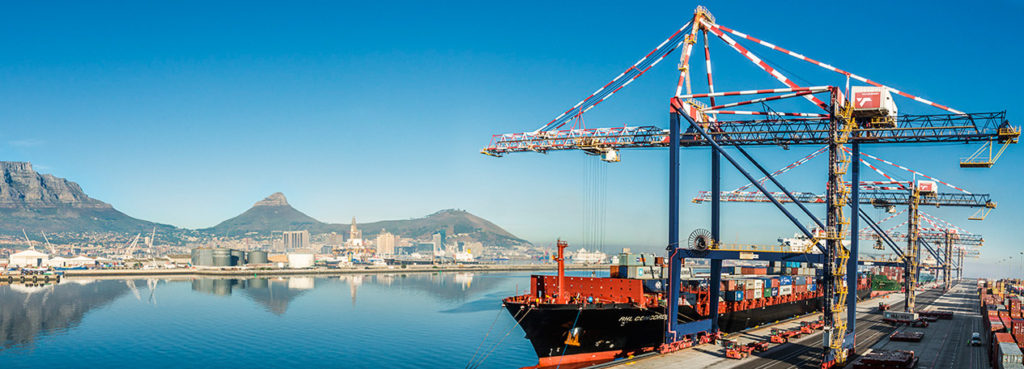The Purpose of International Freight
In essential terms, the purpose of international freight is to convey goods to overseas buyers or markets. Those goods may be supplying manufacturers with components, or moving components through a sequence of organisational connections for assembly, packaging, and other modifications. The ubiquity of international transport networks supports the existence of transnational/ international supply chains – networks or strings of firms that are functionally united, in linear or web configurations, by their contributions to the production of goods (“logistics” describing the conveyance of those products through the supply chain).

Metaphorically speaking, international freight can be likened to the circulatory system of the dynamic body that is global trade: international freight systems support the movement of goods between their nodes of production and points of use or consumption.
In the United Kingdom, the logistics industry constitutes approximately one third of gross domestic product. In a global economy, where transportation is a prerequisite of international shared economic possibility, logistics/freight transport is an irreducible necessity that commands a sizeable proportion of global gross domestic product. As national economies become increasingly interlinked through their multinational corporations and the resultant intensification of cross-border exchange of capital and goods, the role of transport and freight grows as a business consideration. Trade and freight are inseparable activities: exchange of goods demands availability of goods; effective management of freight ensures that availability sourcing trends and globalising markets means that companies are able to source and sell in countries other than the home nation.
